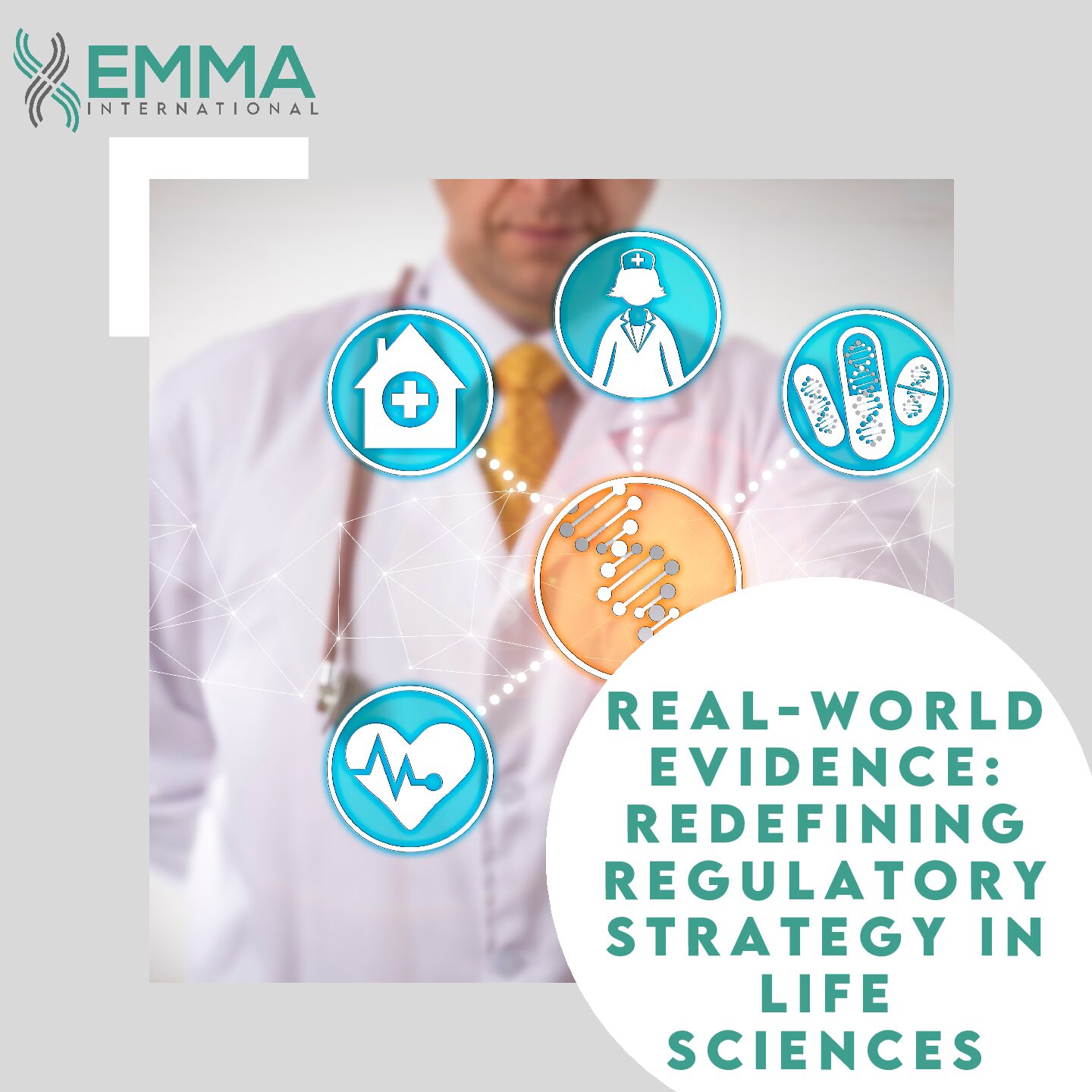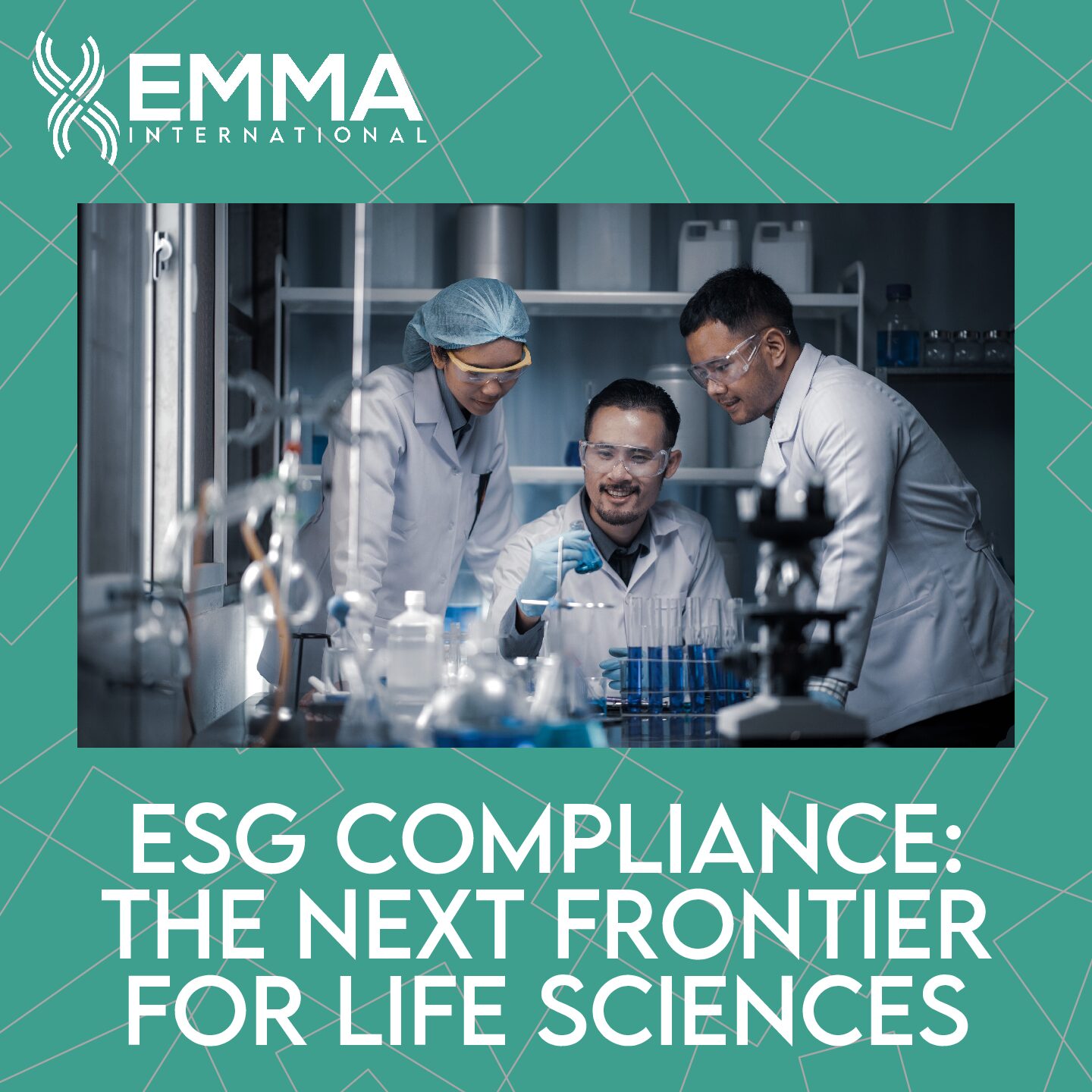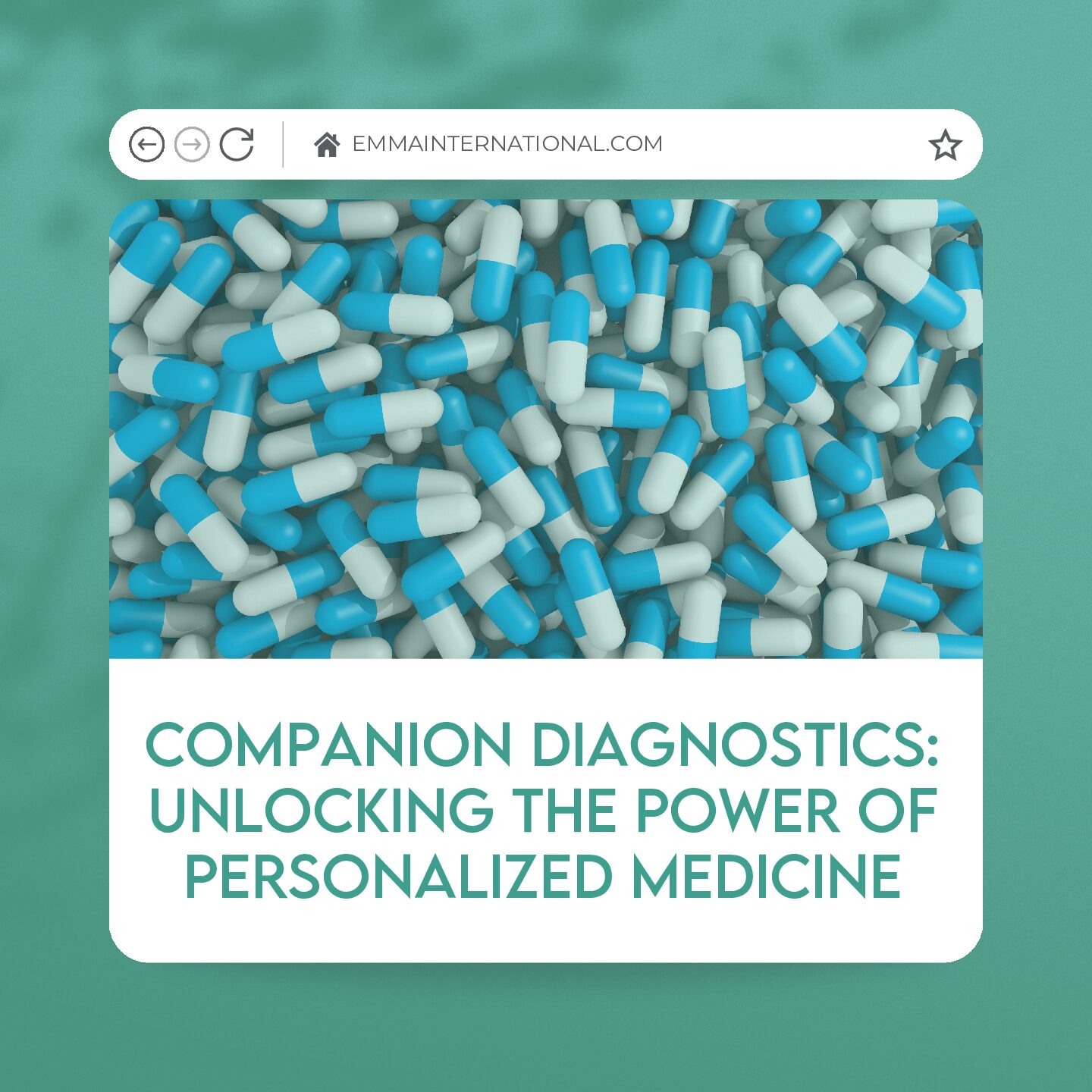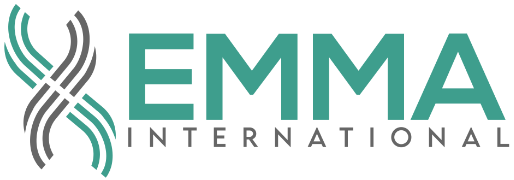Whether you manufacture medical devices, pharmaceuticals, biologics, or any combination thereof, one thing is for certain that you will be inspected by the FDA. Under the Federal Food, Drug, and Cosmetic Act, the FDA is required to inspect manufacturers at a certain frequency. The set frequency depends on variables like the risk classification of your product/processes, if you’ve had issues in the past, and if any complaints have been filed against your product. In this blog we will go over the high-level details of what to expect when you’re inspected by the FDA.
The first question many firms ask us is “Will I know if I’m going to get inspected” The answer is maybe. The FDA is not required to give advance notice of their arrival time, but some inspectors may reach out to request documents like your Quality Manual, others will just show up. It depends on the purpose of the visit, the preference of the individual inspector, and so on. The one thing for certain is that when an FDA inspector shows up at your facility, they must present FDA identification and a FDA Form 482 Notice of Inspection. The 482 will detail what the inspector is there for (i.e., if it’s a “for cause” inspection), and the scope of the inspection. Generally speaking, the inspection will start very much like an audit, with some sort of “opening meeting” where the agenda for the inspection will be discussed and you will likely be asked to give an overview of the facility. This is the part where you’ll want to make sure your person(s) responsible for regulatory compliance, and any other applicable department heads, are present or at least notified of the inspection.
After the official notice of inspection and introductions, the inspection will begin. FDA inspectors are trained to do a top-down inspection, meaning they will start with your infrastructure documents (Quality Manual, SOPs, etc.), walk the floor, speak to various team members, and then look through records. What’s important here is to make sure you don’t hide anything from the inspectors, but you also want to make sure that you clarify the sample size of documents they are looking for. For example, if they ask for batch records for a product, it is completely acceptable to ask them to clarify if they want to see a certain time frame, shift, or other time block. This will help you and the inspector from sifting through potentially 100’s of documents, unless of course they want to. Additionally, you’ll want to make sure your entire facility and team is “inspection ready”. It’s important to do inspection readiness drills at all levels of the organization, as the FDA inspector may want to talk to everyone from the machine operator up to the plant director. FDA inspections can be daunting, especially for entry level or operator level positions who rarely encounter them, so making sure those team members are included in inspection readiness will help the entire organization.
At the end of the inspection, or at the end of each day (if your inspection is multiple days), the inspector will likely have some sort of summary meeting. The point of this is to discuss any potential issues and allow you a chance to rectify or clarify them.
After the inspection, you’ll receive documentation summarizing the inspector’s findings. Any deficiencies will be documented in a 483, or a Warning Letter if they are egregious enough. You will have 15 working days to respond to the deficiencies with a corrective action plan and any immediate containment actions, otherwise escalated enforcement action may follow.
If you need support with responding to FDA enforcement action, or could use support with inspection readiness, the experts at EMMA International are here for you. Contact us today at 258-987-4497 or email info@emmainternational.com to get in touch with our team of experts.






